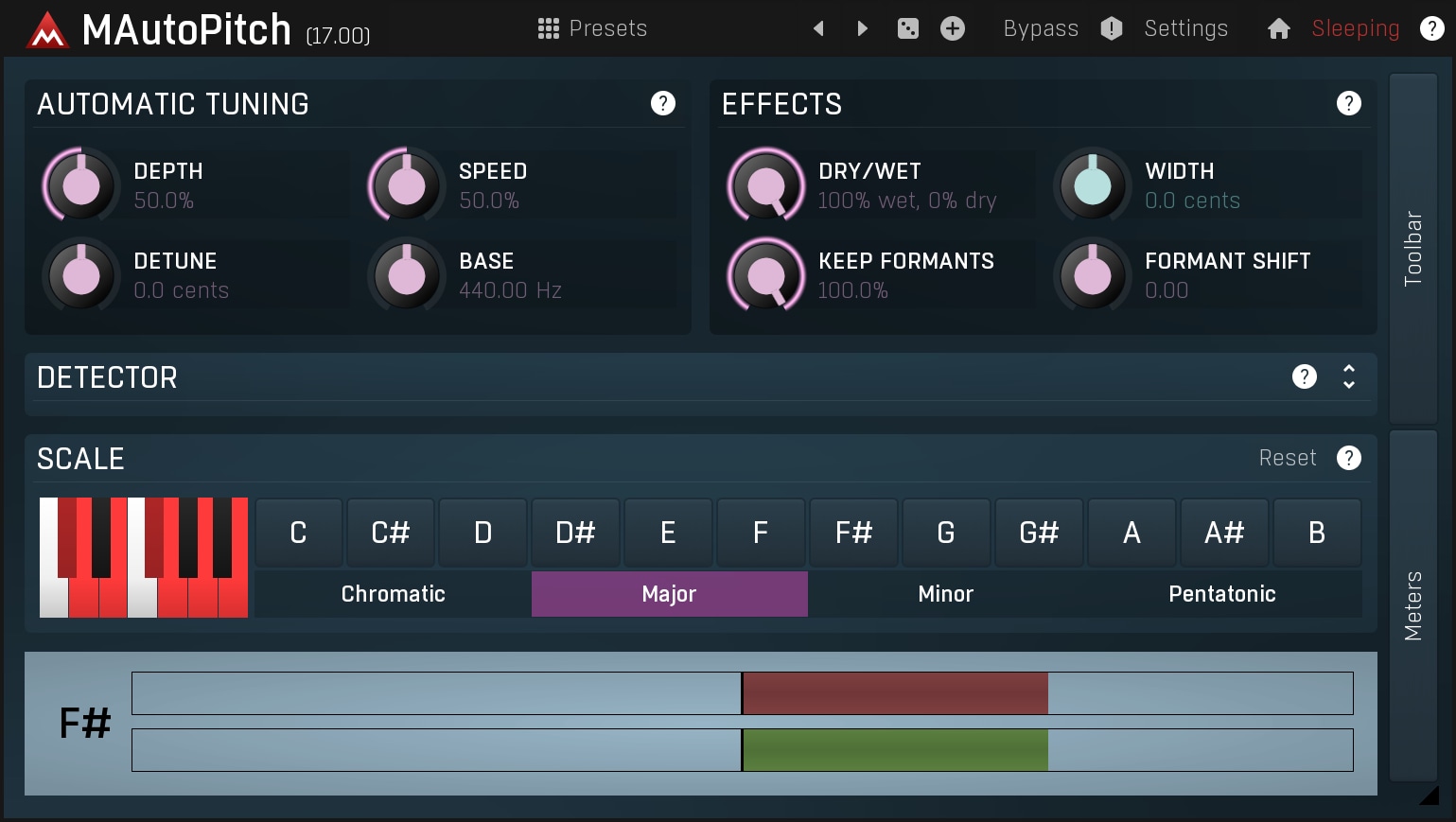Auto-Tune is an audio processing technology designed to right and regulate the pitch of a musical performance, notably in vocals. Developed by Antares Audio Technologies, Auto-Tune has become extensively popular in the music business for its capability to attain pitch correction and create distinctive vocal effects. Here's every little thing you have to know concerning the Auto-Tune impact:
How Auto-Tune Works:
Pitch Detection: Auto-Tune analyzes the pitch of an incoming audio sign, detecting the basic frequency of every observe.
Comparison to Reference Pitch: The detected pitch is in comparison with a reference pitch or musical scale set by the user or producer.
Pitch Correction: If the detected pitch deviates from the reference pitch, Auto-Tune applies corrective processing to bring it nearer to the specified pitch.
Correction Speed: The correction velocity determines how quickly Auto-Tune adjusts the pitch. Faster settings end in more quick corrections, while slower settings create a smoother, more natural-sounding impact.
Key Aspects of Auto-Tune:
Transparent Correction: Auto-Tune can be used transparently to subtly right pitch inaccuracies with no noticeable impact, sustaining a natural sound.
Creative Effect: The exaggerated pitch correction, usually associated with the "auto-tuned" sound, has turn into a artistic impact used deliberately by artists for stylistic functions.
invention of autotune -Time and Post-Processing: Auto-Tune can be utilized in real-time throughout live performances or as a post-processing impact throughout recording and mixing.
Graphical Interface: Many versions of Auto-Tune characteristic a graphical interface that displays the pitch of the input signal over time, permitting for visible changes to the pitch correction.
Customization: Auto-Tune presents varied settings and parameters that could be personalized, together with correction speed, scale, and key settings, providing flexibility for different musical contexts.
Common Uses of Auto-Tune:
Pitch Correction: The main use of Auto-Tune is to correct pitch inaccuracies in vocal and instrumental performances.
Enhanced Vocal Quality: When used judiciously, Auto-Tune can improve the overall quality of a vocal efficiency by smoothing out minor imperfections.

Creative Expression: Many artists intentionally use Auto-Tune to create distinctive and stylized vocal results, contributing to the sonic signature of their music.
Live Performances: Auto-Tune is utilized in stay performances to ensure pitch accuracy, especially when coping with challenging acoustics or monitoring circumstances.
Criticism and Controversy:
Overuse Concerns: Auto-Tune has faced criticism for its potential to be overused, resulting in a homogenized and artificial sound in music.
Loss of Authenticity: Some argue that excessive use of Auto-Tune can outcome in a lack of the natural expressiveness and authenticity of a musician's efficiency.
Evolution and Impact:
Influence on Music Production: Auto-Tune has significantly influenced the sound of up to date music, shaping the manufacturing of varied genres.
Recognition in Popular Culture: The distinctive Auto-Tune impact has become a recognizable component in popular culture, related to particular artists and musical types.
In summary, Auto-Tune is a versatile tool that serves both technical and inventive purposes in music production. Its impression on the industry has been profound, and its use continues to evolve, contributing to the diverse panorama of contemporary music..
